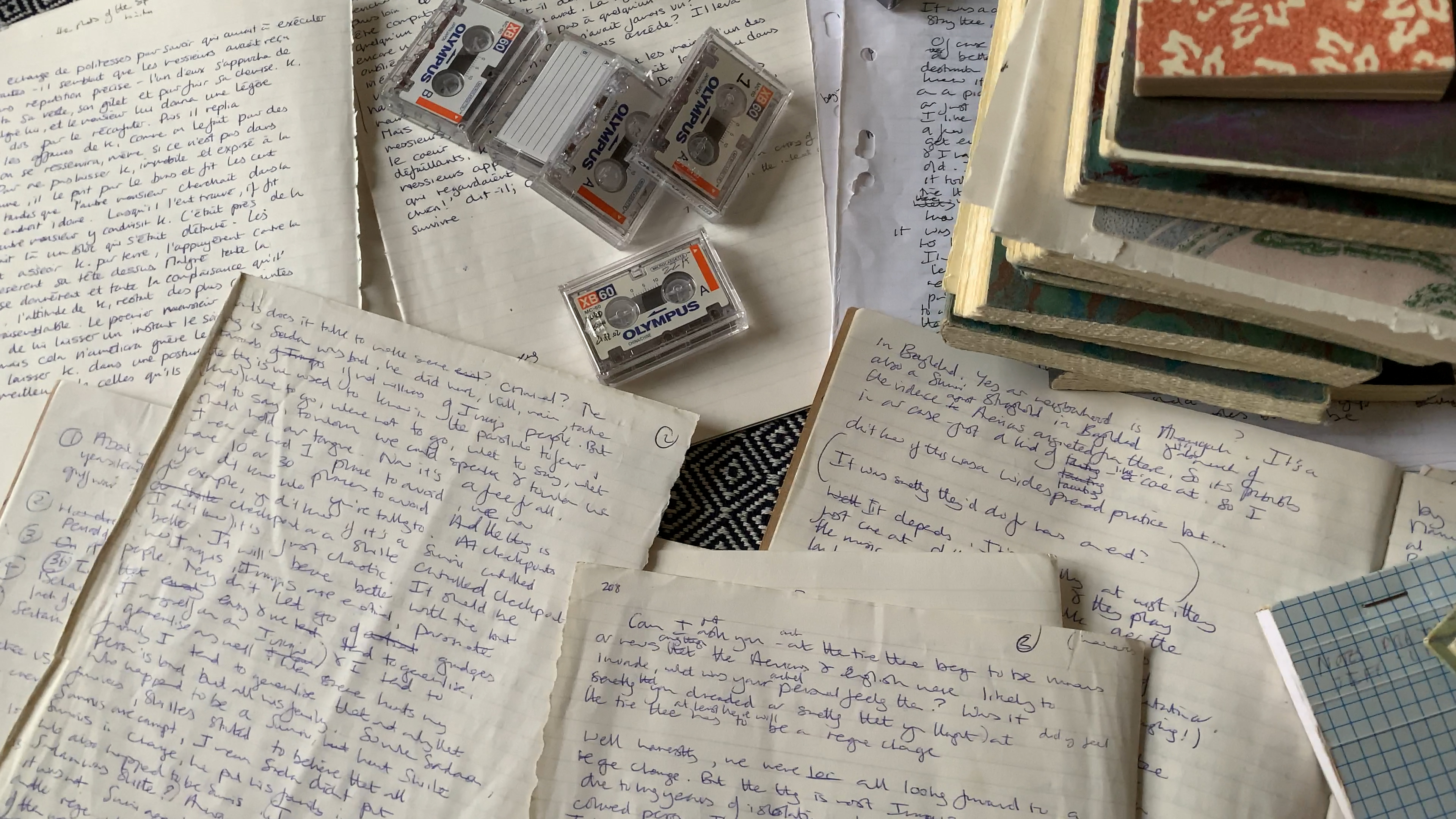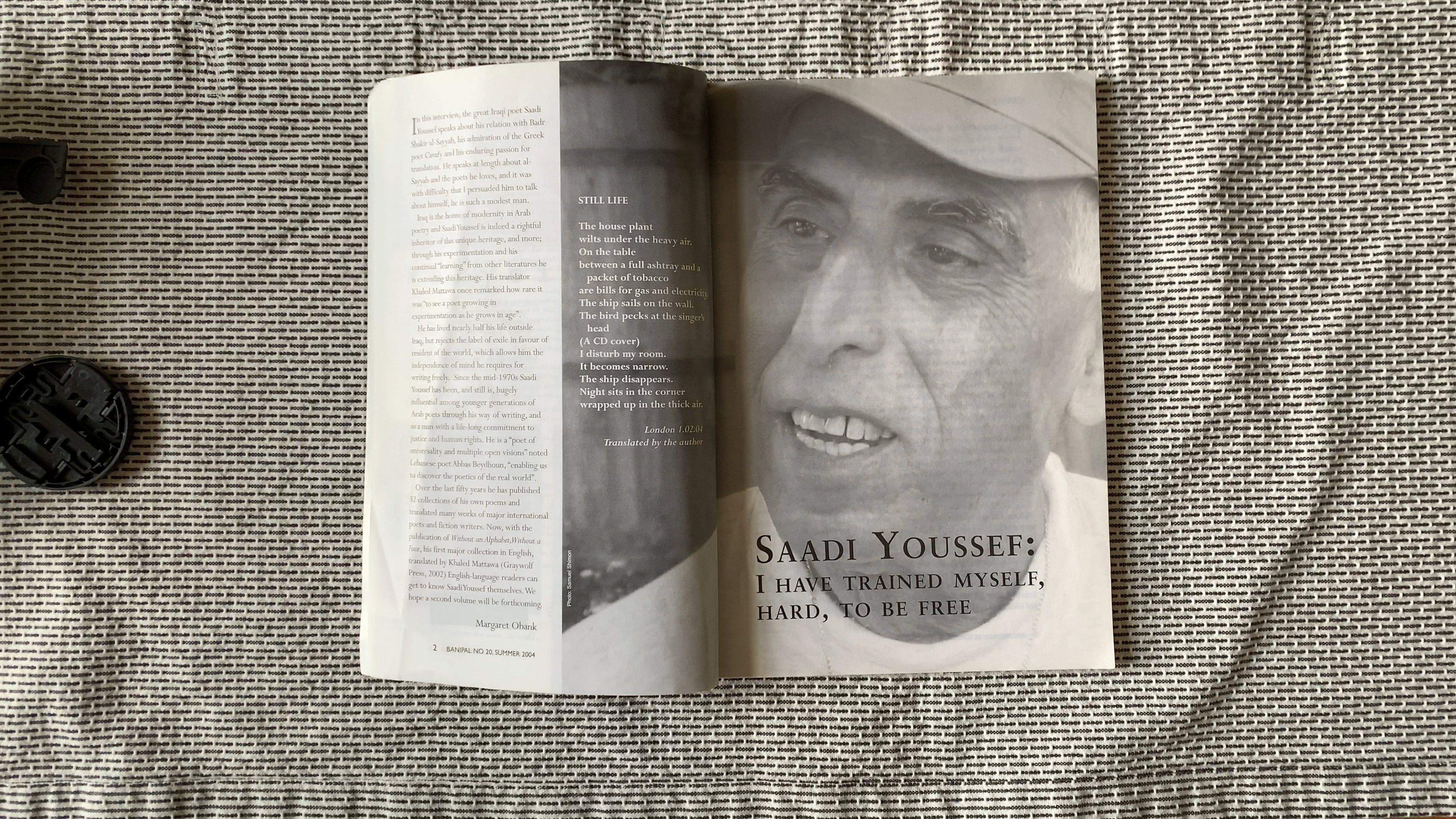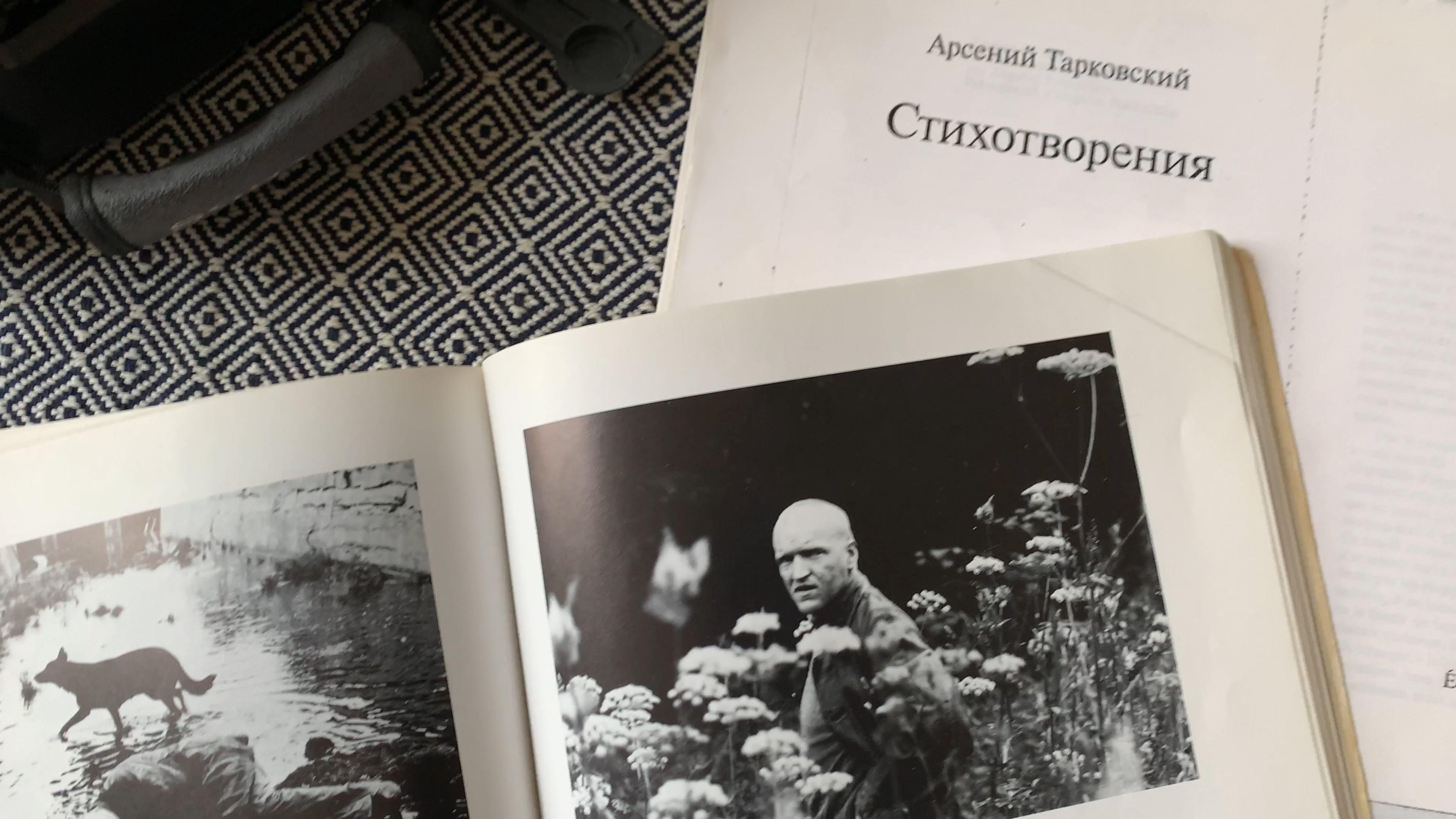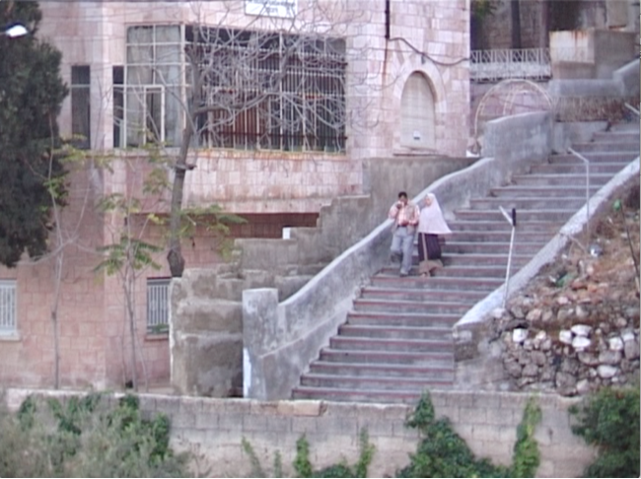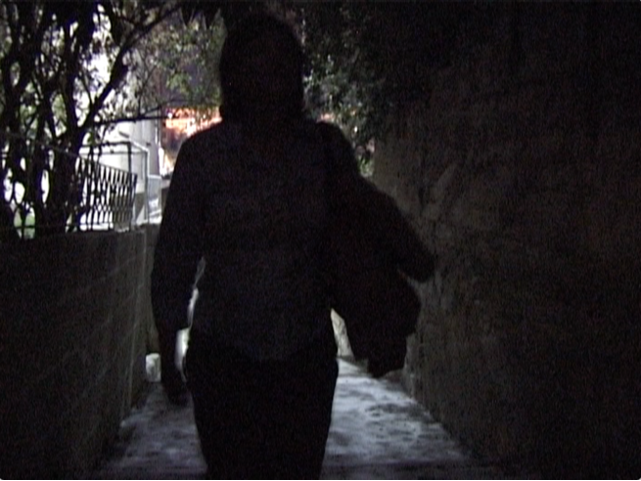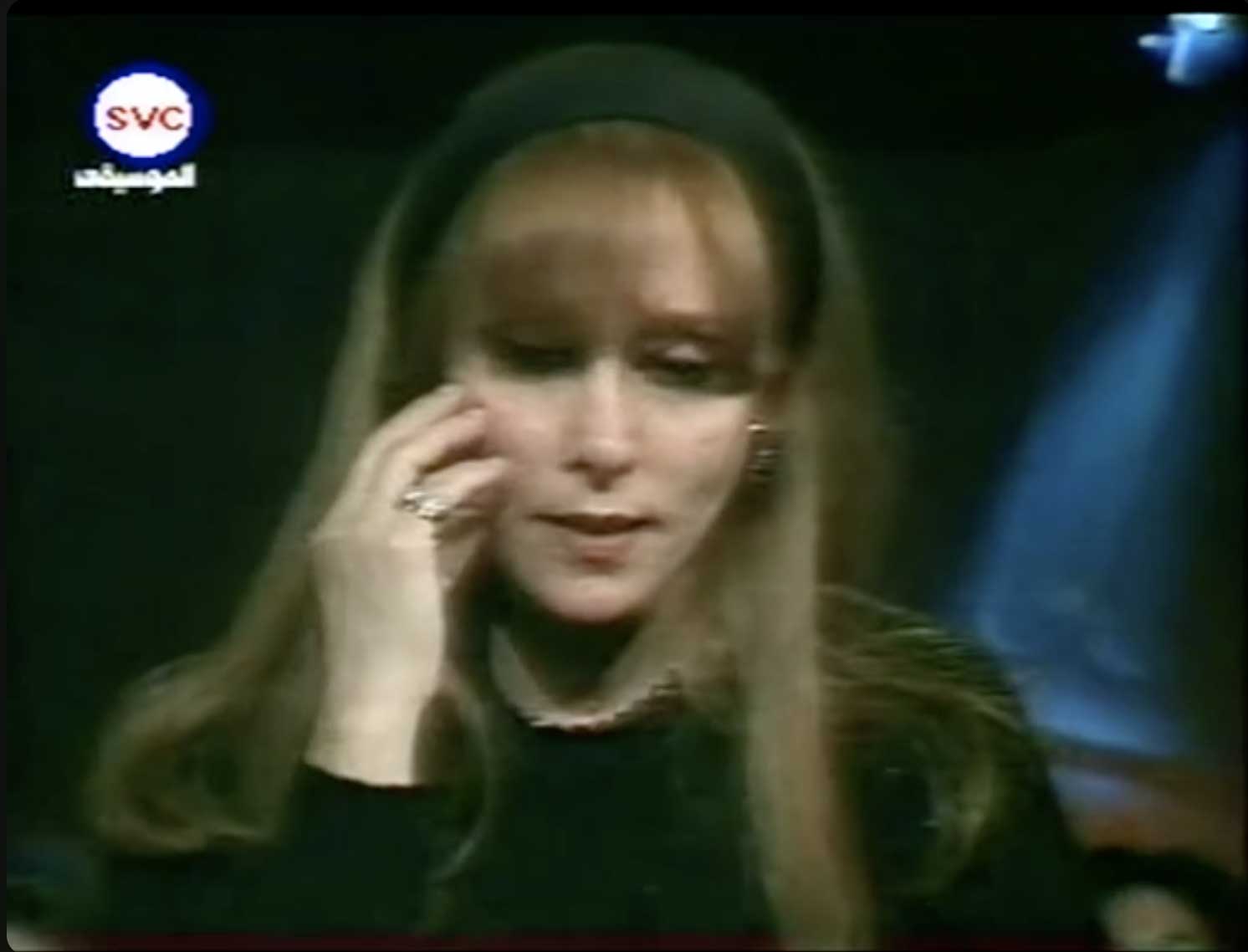
The Iraqi suitcase
Upcoming publication. This project will have an alternative distribution, inspired by its subject. If you are interested in learning more, or getting involved in the dissemination of the book, please sign up for my email list.
SYnopSis
For fourteen years, the diaries and notebooks that Laura Waddington had written during the months that she spent in Jordan with a loose group of young Iraqi writers, artists and journalists on the run from war, sat in a series of suitcases and cupboards until confined to her flat in Lisbon during the pandemic, she reread and pulled them together. A hybrid of notes and narrative, illustrated with stills from her unreleased videos of the time, The Iraqi Suitcase is an intimate record of the scars that totalitarianism and conflict leave on people’s lives, and a hymn to the enduring power of books.




Author’s STATEMENT
“In 2006, I set out to Jordan with my video camera to meet people fleeing the Iraq war. In Amman, a chance encounter led me to come to know a loose group of mostly young Iraqi writers, journalists and artists, all on the run. In the months that followed, I took extensive notes about the collapse of a country, as they perceived it, and their struggle to live as intensely as they could amidst the suffocating weight of wars, dictatorship, embargo and occupation. Notes too on their passion for literature and ideas, a passion stronger than any I had encountered in the West, and that would change my conception of books and what they can do forever.
For fourteen years, these diaries and notebooks sat in a series of suitcases and cupboards until, confined to my flat in Lisbon during the pandemic, I reread and pulled them together. The result is something of a hybrid of notes and narrative. Most of all, it is stories and ideas that evoke the quest of a few individuals to remain whole amidst the caving in of a society—still, now of pressing import: shards of a broken mirror.”
Laura Waddington
When came the night for leaving, how many tears we shed
We made the rain a pretext, not wishing to be blamed
Drip, drop, the rain…
Badr Shakir Al Sayyab, Rain Song
Read excerpt: Early pages before my departure for Jordan
Read excerpt: First pages in Jordan


The Iraqi SuitCase in 3 Quotes
1.
Bassam stoops down to smell the jasmine trees of Jabal al-Weibdeh. He says that they remind him of Baghdad: “I cared about Baghdad. I didn’t want anyone to touch it, not even a tree. I was selfish about that but I knew that we needed to get rid of Saddam. But it’s as if you have cancer of the fingers and must cut off your hand but instead you chop off your head, you kill yourself. This is what happened to Iraq.”
He loves the films of Tarkovsky and most of all Mirror. I leaf through his very worn copy of Tarkovsky’s book Sculpting in Time, which has travelled with him, and find the passage that I discovered in a bookshop in New York when I was twenty-one: “The goal of all art, unless it is aimed at the consumer, like a saleable commodity, is to explain to the artist himself and to those around him, what man lives for, what is the meaning of his existence. To explain to people the reason for the existence of this planet: or if not to explain, to at least pose the question.”
2.
The evening that I encounter Hayat, she is sitting with Samir, Kassim, and a few others in the courtyard of a cafe in Shmeisani, uptown. She is clutching her handbag very tightly on her lap and is the only one who is not smoking. Her friends have just called her from Baghdad to inform her that marines have raided her house. When they broke down her front door, her neighbours came running to explain that it was the home of an elderly novelist who had fled to Amman because of death threats but they wouldn’t stop the ransack. She is fretting about whether her library has survived. She has astonishing blue eyes and an elegance that even this can’t diminish.
A few days later, she writes a letter to the soldiers who destroyed her library. But she will not publish it. It feels obscene, she says, to talk about a house and possessions lost when hundreds of people are losing their lives on the streets of Iraq each day and the country is occupied.
3.
“For decades, the West supported Saddam’s regime to put all the liberals in jail and eliminate all those who were cultured,” says Bassam. “The regime said they were communists but not all of them were. They were people who believed that humanity was more important than nationality or religion. All of them became so isolated and were imprisoned. That was the disaster, and books were banned and certain things couldn’t be talked about. This went on year after year.
“America supported the mujahedeen. It’s as if you feed a Doberman dog in a dark room for years. You feed him all the time, you give him the protein and all that he needs to grow really sharp teeth, and then one day you open the door and want to live in peace. But you have destroyed the ground, the only people, who could have fought him and those beliefs.
“Of course, after thirteen years of embargo, Iraq is as it is now. Today you can find a killer in a twelve-year-old boy. Iraqis didn’t use to kill hostages; they didn’t kidnap women. Now it is everywhere. These are the results of such destruction.”
(Names have been changed)
Footnotes
Back to top
